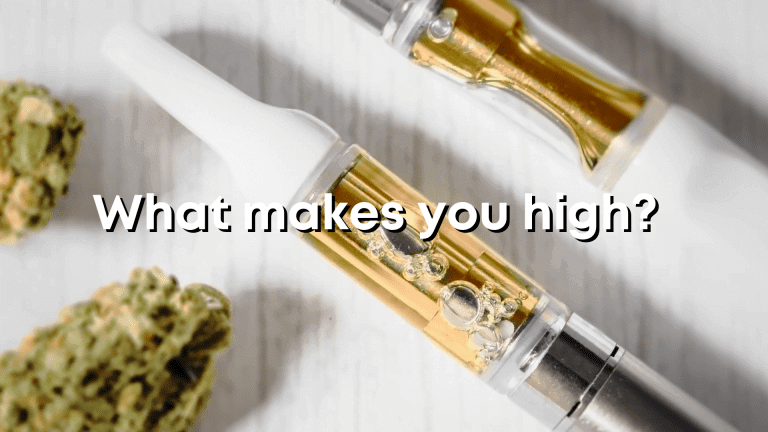Historical Background of Cannabis in Serbia
The relationship between cannabis and Serbia dates back centuries. In the 1700s, Italian farmers brought hempseed strains to Serbia. Making hemp a crucial crop in the region until the 1900s. Traditionally, hempseed was considered an aphrodisiac, and wearing hemp fiber was believed to boost a man’s sexual prowess (History of Hemp in Serbia).
By 1929, the Kingdom of Yugoslavia, which included Serbia, ratified the International Opium Convention and enacted the Criminal Code, punishing drug abuse, including the serving of narcotic drugs.
Contemporary Legal Status of Cannabis
Currently, cannabis in Serbia is illegal. Possession can result in up to 3 years of imprisonment, while sale and transport can lead to 3 to 12 years in prison. Cultivation carries a penalty of 6 months to 5 years of imprisonment, with more severe penalties for organized crime.
Movements Towards Medical Marijuana Legalization
The legalization of medical marijuana in Serbia has seen some support in recent years:
- In February 2014, then Health Minister Slavica Đukić Dejanović supported the legalization of medical marijuana.
- The Initiative to Change the Cannabis Legislation (IRKA), the first legal association advocating for medical marijuana legalization in Serbia, was formed in early 2014.
- On January 18, 2015, Lekalizacija Srbije, another organization advocating for medical marijuana, was established in Belgrade.
Public Advocacy and Government Response
Despite the advocacy, the Serbian government remains firm in its stance against legalization. In 2021, Serbian Interior Minister Aleksandar Vulin stated there were no plans to legalize marijuana, and President Aleksandar Vucic expressed intentions to impose even harsher punishments.
Legislative Efforts and Global Influence
While Serbia’s response to global trends in cannabis policy has been cautious, there have been some legislative efforts towards legalization:
- In June 2017, Goran Čabradi of the Green Party introduced a bill in the National Assembly to legalize medical marijuana in Serbia.
- The Expert Committee for the Use of Cannabis for Medical Purposes, formed by the Ministry of Health, proposed in 2016 to legalize certain cannabis-based drugs while keeping cannabis oil illegal.
As we look towards the future, the trajectory of cannabis legalization in Serbia remains a subject of considerable speculation and debate. The nation stands at a crossroads, influenced by historical perspectives, current stringent laws, and evolving global attitudes towards cannabis.
Future Prospects and Considerations
- Global Influence: As more countries around the world adopt more liberal policies towards medical marijuana, Serbia may face increased pressure and inspiration to revisit its own cannabis laws. The country’s response to international trends and conventions will likely play a crucial role in shaping its future policies.
- Medical Research and Public Opinion: Advancements in medical research regarding cannabis and its derivatives could impact future legislative decisions. As public awareness grows and more data emerges about the medicinal benefits of cannabis, public opinion could sway towards a more favorable view of legalization, especially for medical purposes.
- Economic Factors: The potential economic benefits of legalizing cannabis, such as revenue from taxation and the growth of new industries, might become a significant consideration for Serbian lawmakers. The economic implications of cannabis legalization have been influential in other countries and could become a persuasive factor in Serbia.
- Advocacy and Civil Movements: The role of advocacy groups and civil movements, such as IRKA and Lekalizacija Srbije, will continue to be pivotal. Their efforts to raise awareness, organize marches, and propose legislative changes are vital in keeping the conversation around cannabis legalization alive.
- Government Stance and Legislation: The future of cannabis in Serbia will ultimately depend on the government’s willingness to modify existing laws. Legislative efforts, like the bill introduced by Goran Čabradi, indicate that there are voices within the government advocating for change. However, the prevailing conservative stance poses a significant hurdle.
- International Collaboration and Learning: Serbia may also look towards the experiences of other countries that have legalized cannabis, learning from their challenges and successes to shape its own path forward.
The future of cannabis legalization in Serbia is not set in stone. It will be shaped by a dynamic interplay of domestic politics, international influences, medical research, economic considerations, and the persistent efforts of advocacy groups. Whether Serbia will join the growing number of countries embracing a more liberal stance on cannabis remains to be seen, but the topic will undoubtedly continue to be a significant and contentious issue in the nation’s socio-political landscape.








